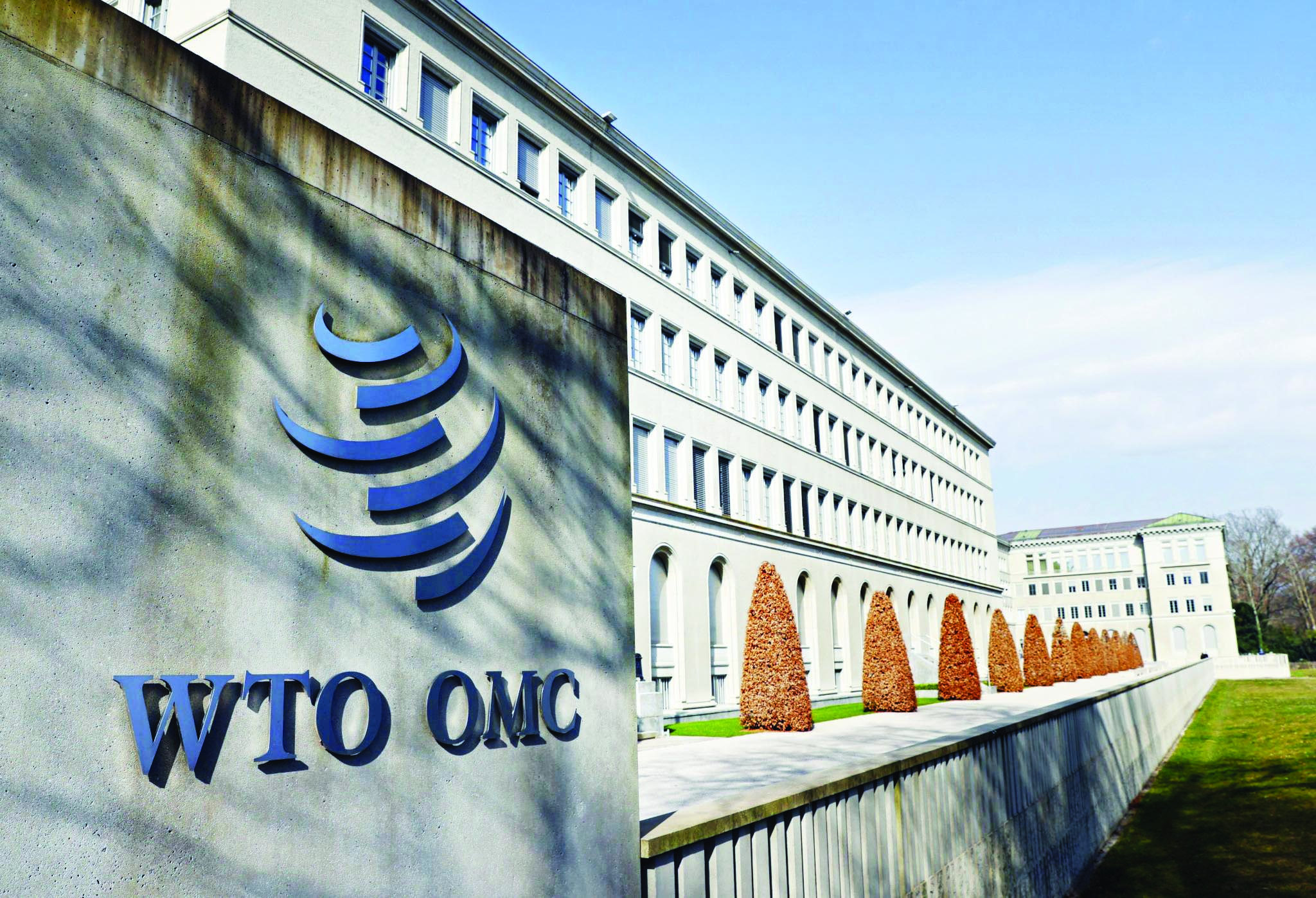India raises concerns over EU’s carbon tax, deforestation regulation in WTO meeting

New Delhi: A number of countries, including India, Russia, and Brazil, have flagged concerns over European Union's (EU) carbon tax and deforestation regulation in a meeting of the World Trade Organisation (WTO) in Geneva, stating that these measures would affect their industries, an official said on Friday.
These countries raised the issues in a two-day meeting of the WTO's Council for Trade in Goods, which concluded on July 7 in Geneva.
On EU's deforestation regulation, India said that the agriculture sector in developing countries is a key driver for employment as well as economic well-being for a large part of the population and it was unfortunate that the EU is making policy choices, which "directly harmed" economic interests of these socio-economic groups, the Geneva-based trade official said.
The EU's regulation will enter into application on December 29, 2024, with an additional six months flexibility for small enterprises.
Nine WTO members Indonesia, Russia, Brazil, Ecuador, India, Peru, Paraguay, T rkiye and Argentina cited concerns about the EU's new regulation on deforestation free products which entered into force on 29 June; operators and traders will have 18 months to implement the new rules.
Further on the European Union's Carbon Border Adjustment Mechanism (CBAM), twelve WTO members including China, Russia, Brazil, Indonesia, Paraguay, and India raised their concerns.
Certain members stated that it is a unilateral measure that deviates from the basic principles of common but differentiated responsibilities and does not comply with the basic principles of non-discriminatory under the WTO.
Many also complained that the EU did not provide enough time for WTO members to comment on the measure before it enters into force in October.
The EU stated that it has been transparent throughout the design stage of CBAM and will continue to engage with members during the transitional period as it is gradually introduced through the end of 2025.
The EU is introducing the Carbon Border Adjustment Mechanism (CBAM) from October 1 this year.
According to a report of the think-tank GTRI, CBAM would translate into a 20-35 per cent tax on select imports into the EU starting January 1, 2026.
From October, domestic companies from seven carbon-intensive sectors -- including steel, cement, fertiliser, aluminium and hydrocarbon products -- will have to seek compliance certificates from the EU authorities to comply with the CBAM norms.
According to the GTRI report, from October 1, India's iron, steel and aluminium exports to European Union countries will face extra scrutiny under the mechanism.
From January 1, 2026, the EU will start collecting carbon tax on each consignment of steel, aluminium, cement, fertiliser, hydrogen and
electricity.



